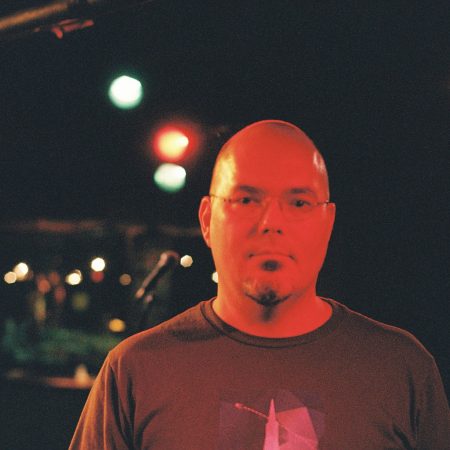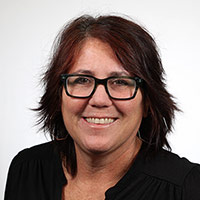Refine
Date Range Clear
Recorded by Clear
Keywords Clear
- geohealth 219
- 1936 Tupelo–Gainesville tornado 219
- air quality 219
- #AGU 219
- #AGU100 217
- discovery 69
- NASA 64
- #womeninscience 41
- Advice 28
- 478 more
Partnerships Clear
- No matching terms.
Organizations Clear
- American Geophysical Union 67
- NASA 18
- National Aeronautics and Space Administration 9
- The American Geophysical Union 5
- American Geopysical Union 4
- 16 more
Places Clear
- AGU 2018 Fall Meeting 167
- Washington DC 164
- AGU 2019 Fall Meeting 22
- San Francisco 21
- AGU 2017 Fall Meeting 5
- 15 more
Languages Clear
Initiatives Clear
- No matching terms.
Woody Turner, the program scientist for biological diversity and manager for ecological forecasting programs at NASA, and one of the few people in the world who directly harness the power of space to solve a whale of a problem –...
While Patrick Taylor spends a huge chunk of his time in the clouds, his work has nothing to do with daydreaming. The Research scientist at NASA’s Langley Research Center is working on understanding more about the role of clouds in...
The potential downside of a career in always seeking discoveries is that it may stunt the development of your confidence. Even as someone who walked into NASA, living the dream in his mind, Nathan Kurtz experiences that downside, politely calling...
William Putman, research meteorologist with NASA , was always fascinated by the way meteorologists on television could predict what was going to happen. But instead of comparing weather reports with the blowing of the trees outside his house, Putman now...
Robin Bell, Carol Finn, and Carol Raymonds reflect on their experiences in the field and how that has affected their personal and professional lives. (Recorded 14 December 2017)
Erin Robinson is the Executive Director of the Earth Science Information Partners (ESIP). She knew from early on that she was interested in science and her field of remote sensing, from good science teachers in middle and high school to...
In the mid-1990s, the town of Libby, MT, discovered they had a serious problem. The small town of fewer than 3000 people had reported over 300 fatalities from asbestos contamination. Enter Aubrey Miller, from the EPA, and Geoff Plumlee, from...
How did Biogeoscience become a recognized field of study, with its own journal and sections at AGU? What obstacles did its organizers have to overcome in order to make it a viable field and a welcome presence at AGU? In...
Seismologist Lucy Jones gained recognition for doing a TV interview following the 1992 Joshua Tree earthquake while holding her sleeping infant son. Long before that, she became one of the first American scientists to enter China after it’s normalization in...
Zachary Wolff talks about how his path to studying and creating models as a graduate student at UC Irvine was not straightforward: he first considered medicine and meteorology before working on a CICE radiation study and discovering his interest. While...
John Geismann, professor of geosciences at the University of Texas Dallas, shares his discovery into the science field and favorite aspects of working with students. He discusses the critical point we are in society and need for the global community...
Sprites are electrical discharges like lightning, but up in the middle atmosphere. Having only been in the scientific literature since the 1990s, sprites captured Geoff McHarg’s imagination while observing the Aurora in Alaska. Perfect for a guy whose view of...
Cynthia Rosenzweig has been studying earth's changing climate and its impacts on agriculture for over 2 decades, yet she continues to be fascinated by the subject on a daily basis. Dr. Rosenzweig currently heads the Climate Impacts Group at NASA's...
James Butler has studied atmospheric chemistry, ozone depletion for over thirty years. Now, as the Director of NOAA’s global monitoring, he helps direct research into the hole in the ozone layer and climate change. He knows firsthand that we have...
Denis-Didier Rousseau, Senior Research Scientist at Centre National de la Recherche Scientifique, and Fall Meeting Program Committee Chair shares how at six years old he set the goal to be a paleontologist. He discusses how that has shaped his life...
Ingrid Hendy, Professor at the University of Michigan and section president-elect, shares stories about discoveries in her field and the challenges she faced. She reflected on the curious zebra striped sediment that lured her into her field – mud she...
It took 21 years for Trevor McDougall to leave Australia, but when he did, he was on a plane headed to the University of Cambridge and a masters and Ph.D. in Oceanography. Besides the life-changing event of going from one...
Catherine McCammon, staff scientist at Bayerisches Geoinstitut, University of Bayreuth, Germany and longtime AGU volunteer discusses collaboration and explains how she has found that the “the whole is great than the sum of its parts,” is truly an accurate statement....
Dr. Amy Winebarger is an astrophysicist in the Heliophysics and Planetary Science Office at NASA. Listen to Amy talk about what makes sounding rockets awesome to work with, the rewards of being a mentor, and how a New York Times...
After one spends 50 years with the same organization, what’s next? That’s the question Dave Mao is attempting to answer after a highly-decorated career at the Carnegie Institution for Science. Born in Shangai and raised in Taiwan, Mao came to...
Sylvain Costes is the Branch Chief, Open Science project manager, and principal investigator for NASA’s Ames Research Center. Sylvain oversees over 80 NASA scientists and technicians, but he’s primarily a biophysicist leading research on radiation and DNA to understand how...
As a program scientist for the astrobiology program, the Mars Sample Return program, and the DAVINCI mission, Lindsay Hays’s domain spans from NASA HQ to Venus to Mars and back again. Lindsay became one of the first to witness images...
Kenneth Jucks, Program Manager for the Upper Atmosphere Research Program at NASA Headquarters, has gone from launching weather balloons, what he calls a “poor man’s satellite” to take measurements up to 25 miles above the Earth’s surface, to managing five...
Richard Johnson is an AGU member who has been coming to Fall Meeting for years. He discusses some of the keynotes he’s attended in recent years, like those by Jerry Brown, Elon Musk, and Dan Rather. A sci-fi enthusiast, Richard...
Cynthia Hall is the community coordinator for NASA’s Transform to Open Science program, where she works with organizations and communities to build diverse scientific collaborations with NASA. She works to make scientific research and processes more inclusive and accessible to...

!["Something I learn today is something that [could help] society tomorrow." an interview with Patrick Taylor](https://archive.storycorps.org/uploads/2019/02/181211_PatrickTaylor-450x450.jpg)
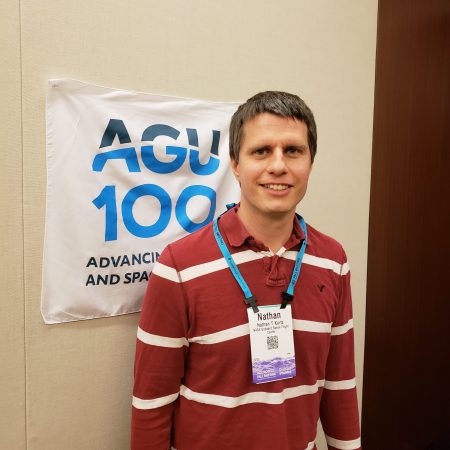
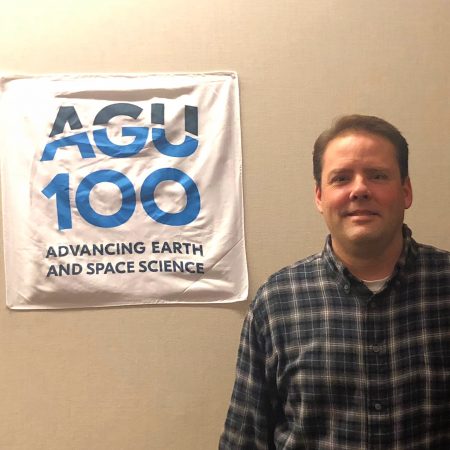
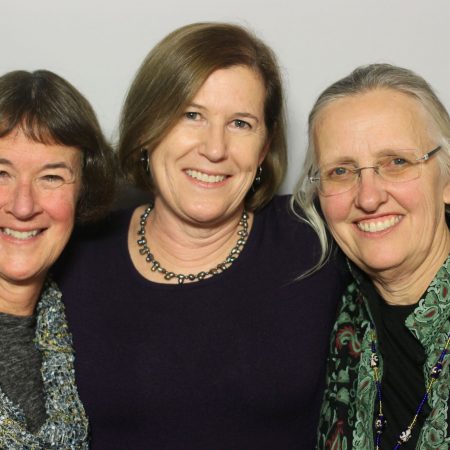

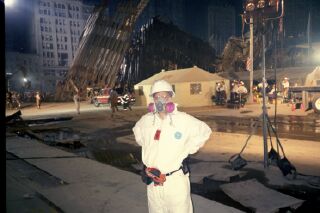

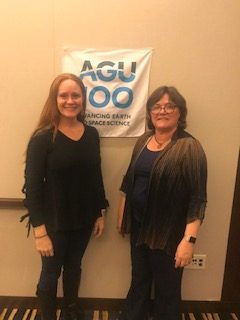
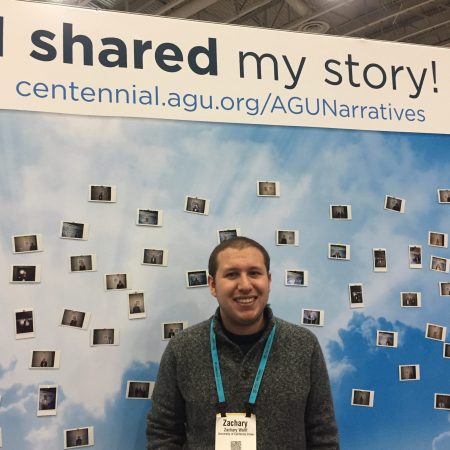
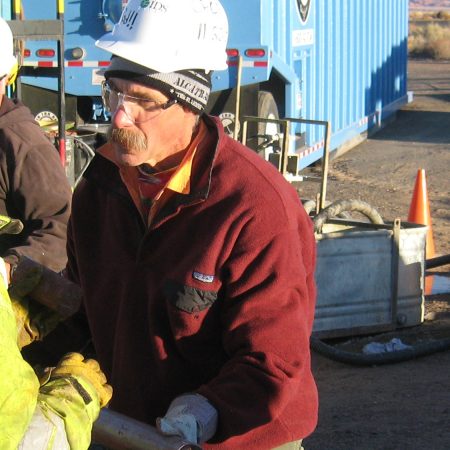

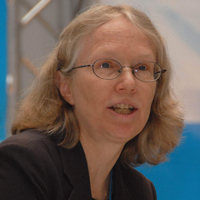

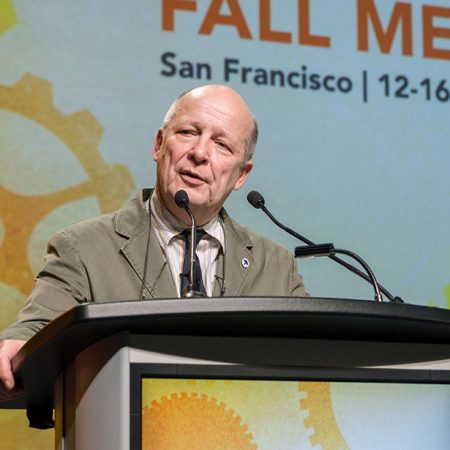
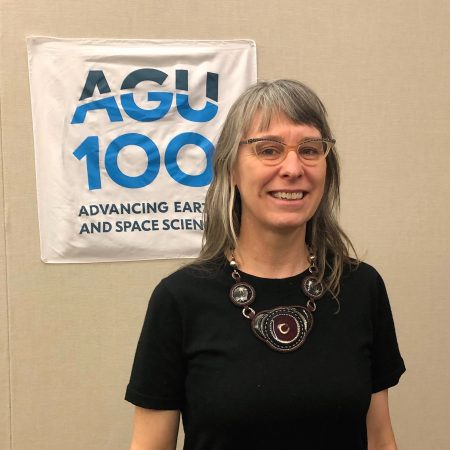
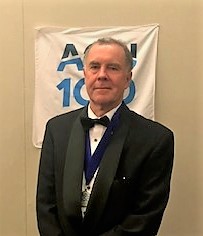
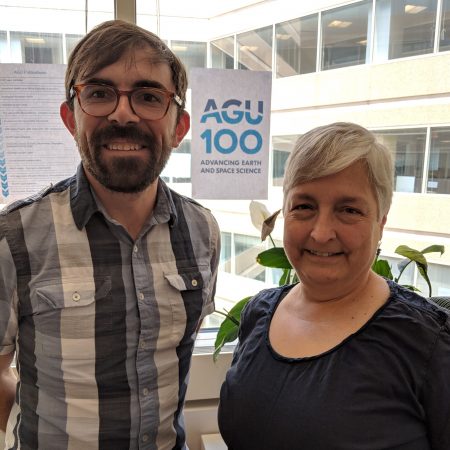
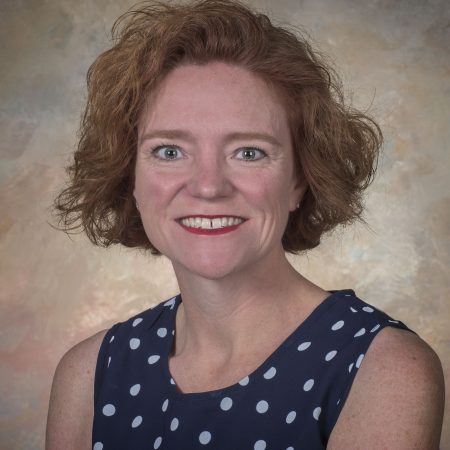
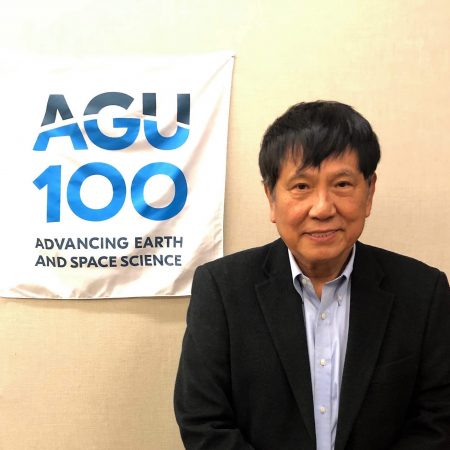
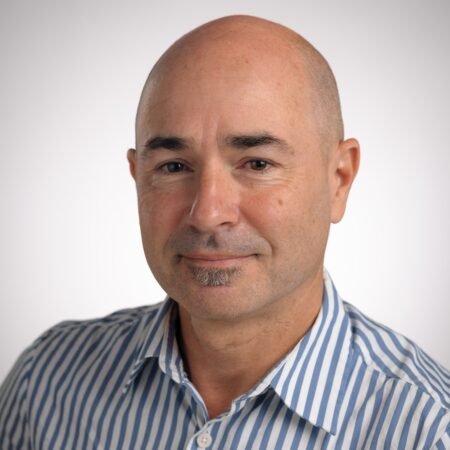
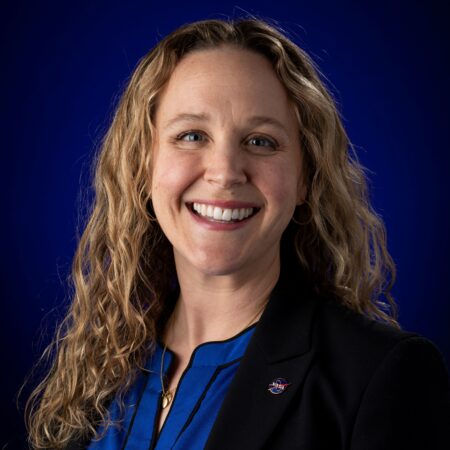
![“[The Montreal Protocol] is one of the few areas where the international community really came together." an interview with Kenneth Jucks](https://archive.storycorps.org/uploads/2019/01/181210_Jucks-1-450x450.jpg)
